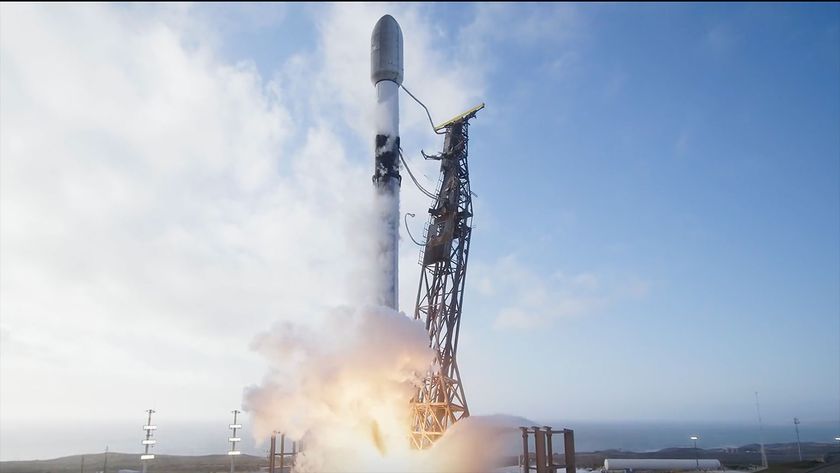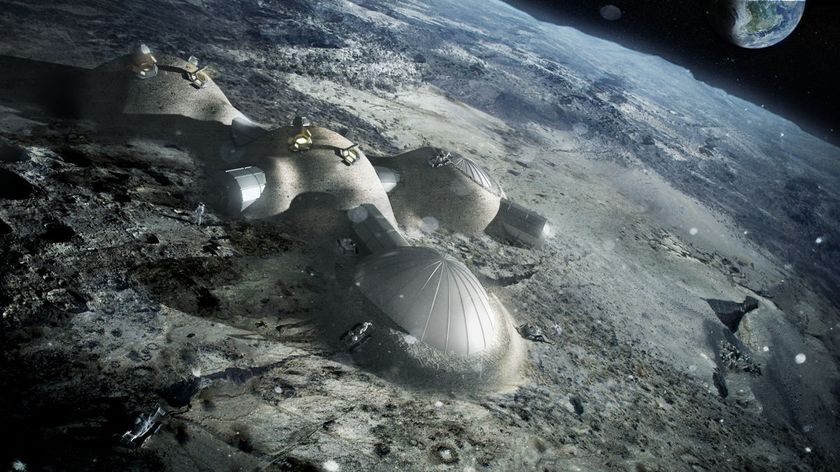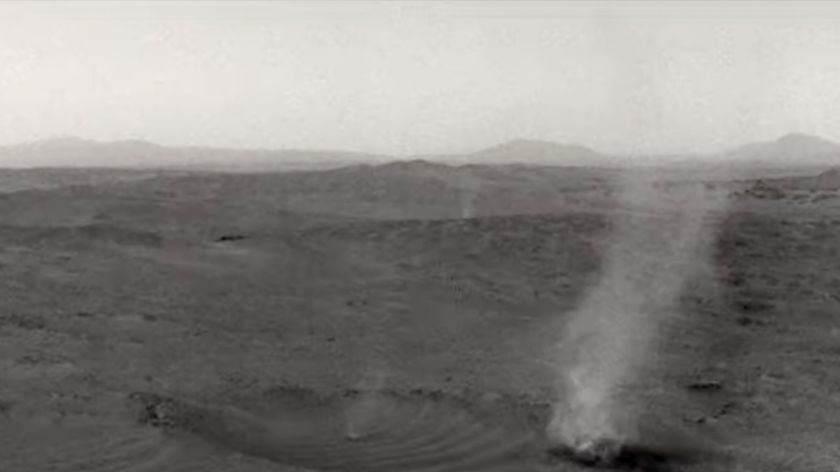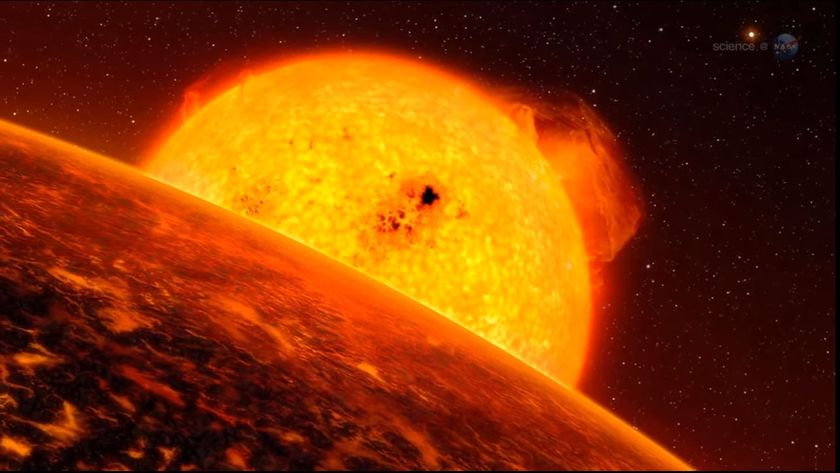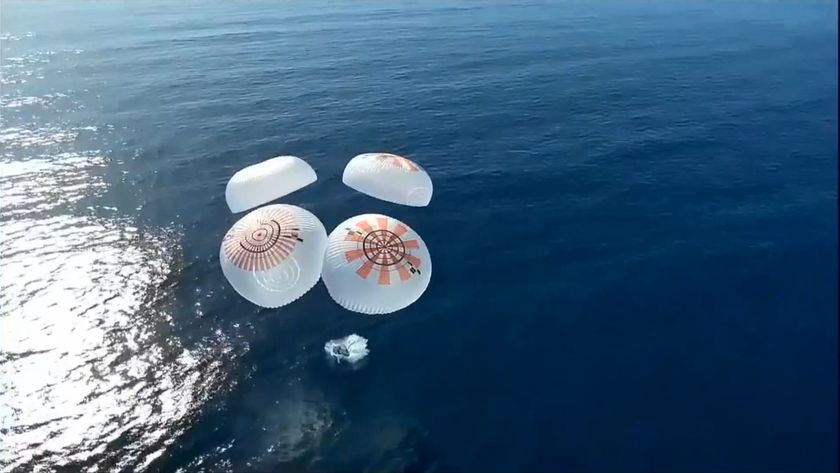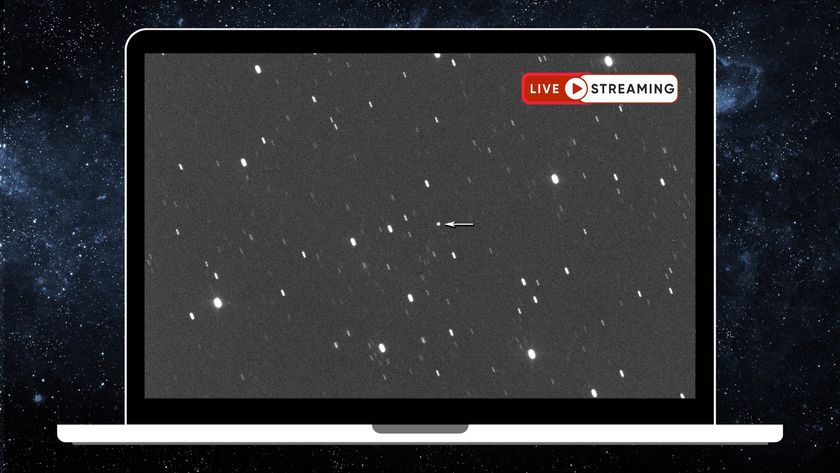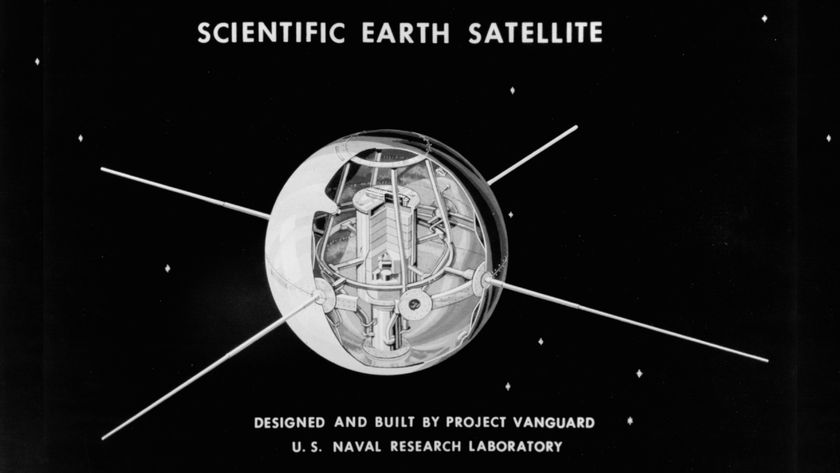A big piece of Chinese space junk crashed to Earth over Southern California early Tuesday morning (April 2), putting on quite a show for observers in the Golden State.
The fall created a blazing fireball witnessed by people from the Sacramento area all the way down to San Diego, according to the American Meteor Society (AMS). As of Tuesday afternoon, 81 people had reported sightings of the event to the AMS.
The hunk of space debris was the orbital module of China's Shenzhou 15 spacecraft, according to astrophysicist and satellite tracker Jonathan McDowell. It had been up there for a while; Shenzhou 15 launched three astronauts to the nation's Tiangong space station in November 2022.
The Shenzhou orbital module, which weighs about 3,300 pounds (1,500 kilograms), provides extra room for astronauts and science experiments in space. It's not designed to come back to Earth safely at the end of its mission; the Shenzhou reentry module is built to do that, with astronauts on board.
Related: 6 types of objects that could cause a space debris apocalypse
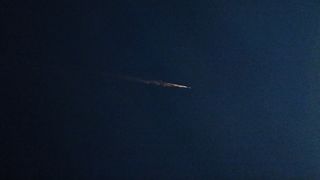
Of course, most folks who saw the fireball streak across the sky around 1:40 a.m. local California time (4:40 a.m. EDT; 0840 GMT) didn't know what it was.
Some thought it may have been a piece of SpaceX hardware, which was a reasonable guess: A Falcon 9 rocket had launched 22 of the company's Starlink internet satellites from Vandenberg Space Force Base on California's central coast about six hours earlier.
Get the Space.com Newsletter
Breaking space news, the latest updates on rocket launches, skywatching events and more!
The burning debris couldn't have been the Falcon 9's first stage; that piece of hardware lands safely after launch and is reused. But the workhorse rocket's upper stage is disposable.
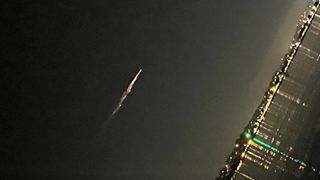
The Shenzhou 15 orbital module was hardly the first big piece of Chinese space junk to crash back to Earth in dramatic fashion, nor was it the biggest.
The 23-ton (21-metric-ton) core stage of the nation's powerful Long March 5B rocket, whose launches helped build Tiangong, routinely fall to Earth in an uncontrolled fashion.
These debris crashes have drawn criticism from a variety of people in the space community, including the heads of NASA and the European Space Agency, who have decried them as irresponsible and potentially dangerous.
Join our Space Forums to keep talking space on the latest missions, night sky and more! And if you have a news tip, correction or comment, let us know at: community@space.com.

Michael Wall is a Senior Space Writer with Space.com and joined the team in 2010. He primarily covers exoplanets, spaceflight and military space, but has been known to dabble in the space art beat. His book about the search for alien life, "Out There," was published on Nov. 13, 2018. Before becoming a science writer, Michael worked as a herpetologist and wildlife biologist. He has a Ph.D. in evolutionary biology from the University of Sydney, Australia, a bachelor's degree from the University of Arizona, and a graduate certificate in science writing from the University of California, Santa Cruz. To find out what his latest project is, you can follow Michael on Twitter.
-
Unclear Engineer Fireballs from falling space junk are becoming rather common. I can understand that it warrants an article to explain which piece of junk was seen on a particular date by a lot of people. But, it would have been appreciated if the article had stated whether any of this one was expected to have reached the surface. And, unless it was expected to do so, that last part about some other pieces of Chinese debris reaching the surface seems to show some political bias. It would have been a better comparison to the SpaceX disposable upper stages for Falcon 9 launches.Reply -
JaneADowe But China makes nothing BUT junk. You'll have to be more specific about what it actually is. 🫢 {rimshot}Reply -
Unclear Engineer Taking cheap shots at China is just a silly attempt to avoid recognizing the actual technological/industrial achievements that China is making. China has soft landed on the Moon's far side, built a space station, and is advancing it launch capabilities to match the U.S. in weight-to-orbit and reusability. While they are not (yet?) competitive with the U.S. in these areas, there is no reason to expect that they will not become competitive in the near future.Reply
Just because U.S. consumers still are willing to buy low quality/reliability commercial merchandise made in China instead of making it inside the U.S. is not reason to doubt that China can do better and does do better when it comes to the scientific and military equipment that it sees as important to its national prestige.
Underestimating China is not good for the U.S. or others who dislike its authoritarian/totalitarian government.
